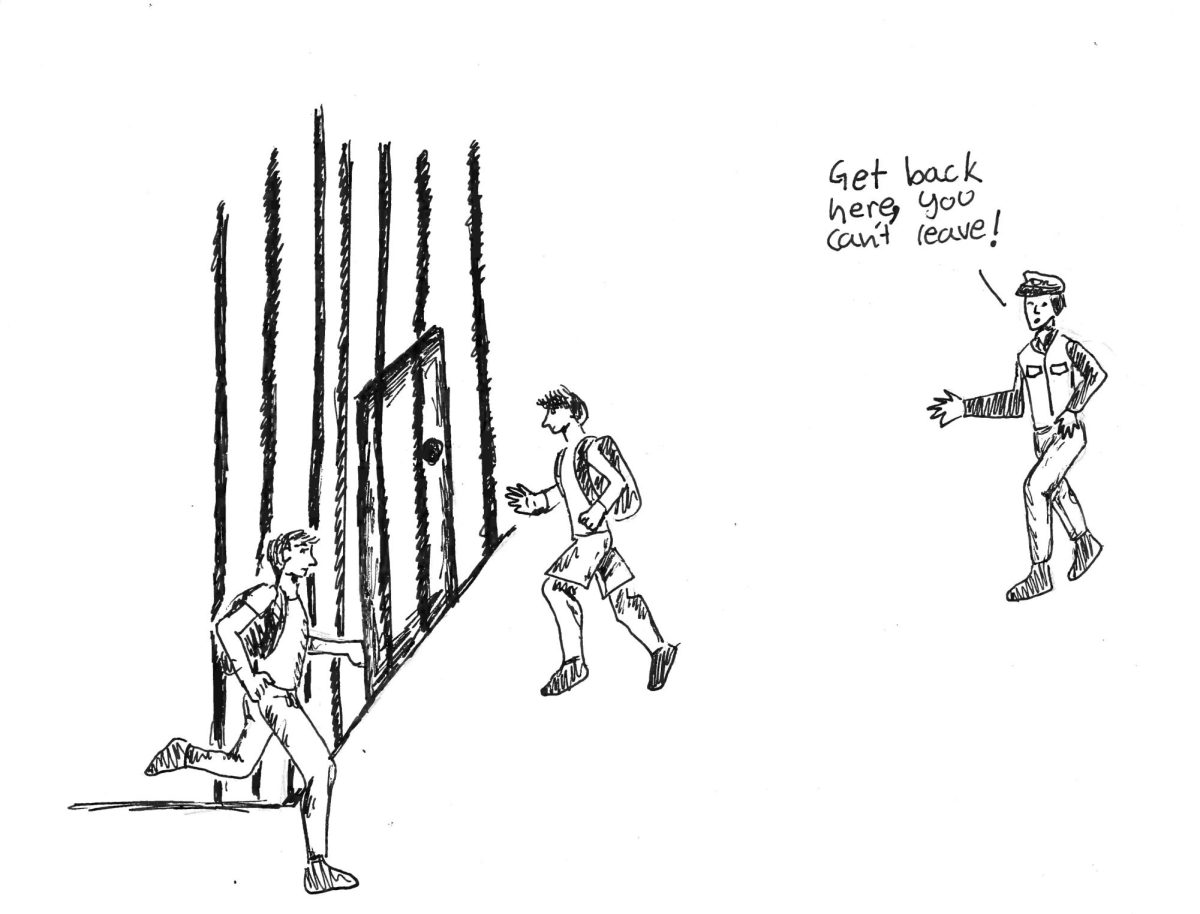Net Neutrality: The Future was Yesterday
February 27, 2018
Recently, The Federal Communications Commission, or FCC for short, voted 3-2 to turn the internet into a big experiment where the consumer is the test object at the mercy of the provider. The effects that may start taking place are far more complex than previously believed and may forever change the internet.
For most of its existence, the internet has been a relatively uncontrolled place with a wide variety of ideas, viewpoints, and content. However, it will soon be totally legal to have network providers limit and restrain what you see and when. Companies will be able to hide certain ideas and viewpoints, whether it’s a website or network or even site browsers that block things like cookies and adware. Very soon you may only have a selection of media provided by Verizon coaxing you to buy a new phone and information from the Fox “news” department.
Anything online will soon be at the mercy of providers. How much a company or app pays may determine how fast their page loads and how much data actually ends up on the tab that you pay. Currently, Americans pay for a certain amount of overall bandwidth, not “pay-per-view” or “pay for access” to a certain site. Soon the already astronomical prices you pay for internet and data could rise to even higher rates never seen in the history of any network service.
This is unfortunate for most Americans because only the most wealthy will be able to afford to “unlock” all the websites needed to find out real news and to discover true information.
Schools and people with tight budgets could be locked out from certain parts of the internet or a speed that isn’t astronomically slow just because they cannot afford the raised prices corporations may soon have to offer.
FCC chair Ajit Pai is a guiding force behind the change stating the current rules “stifle innovation” and keep companies from becoming more successful. Of course, success would be on anyone’s mind if they used to be the Associate General of Verizon. The rules, however, would make it harder for the truth to come forward.
If you currently dislike the state of the internet with its slow speeds and crummy monopolies providing lackluster service, don’t expect any amazing changes in the future. With no more net neutrality, the need to innovate is about as relevant as the rotary phone.
If all companies charge high prices and provide bad service, competition will be no longer needed and every internet user will only have the option of dropping the service just to get scammed by another. The customer will have no right to cheaper or better service, but instead, they will have bad service that constantly increases in price.
As gloomy as things may sound, there is some hope for the Internet. Recently, states such as California and Washington have put together bills that would keep consumer rights.
If people continue to act and local governments start deciding their own rules, there is hope for a future in digital freedom. As the internet has guided the millennium forward at a faster pace than ever with equal access for everyone if we continue to fight back, we can hopefully keep the internet away from corporations and elitist groups and keep the internet the free and open place it was intended to be.














